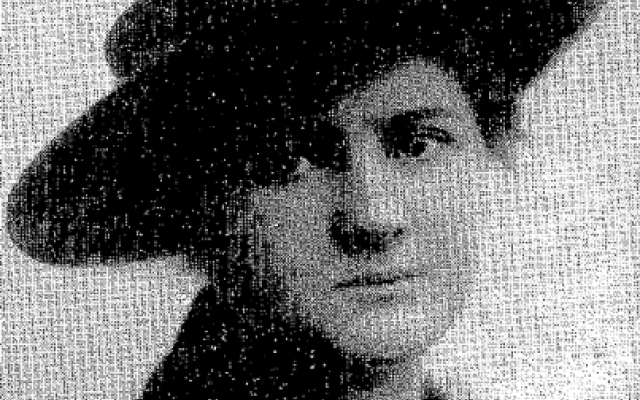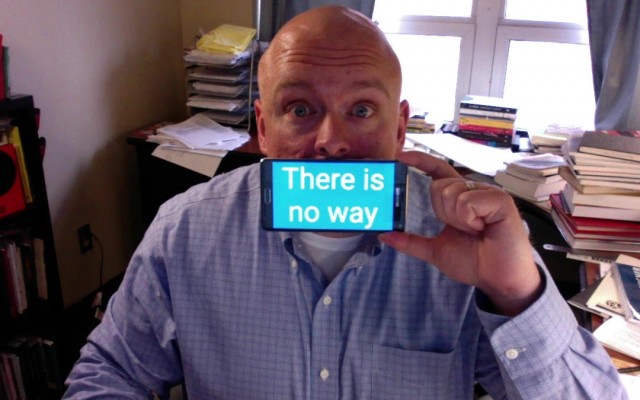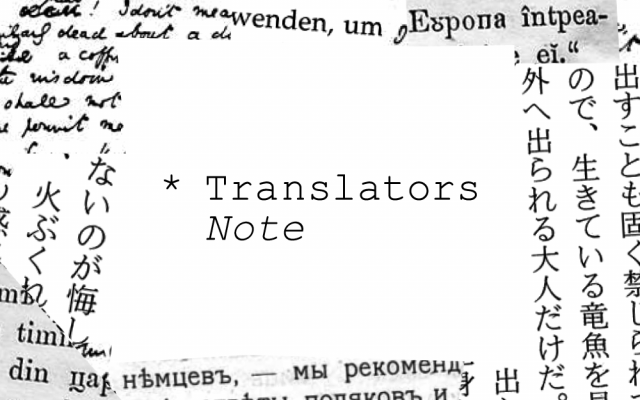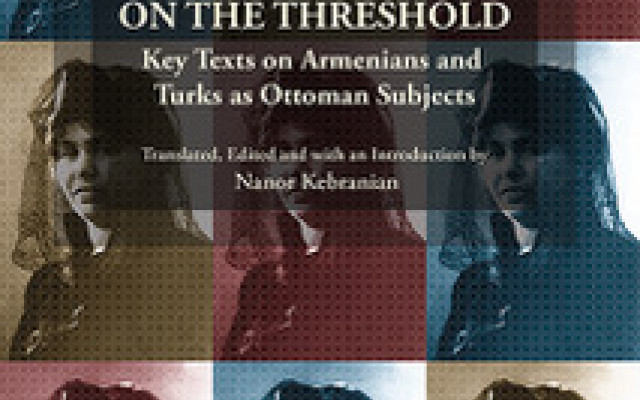Teaching Translation: Marguerite Feitlowitz
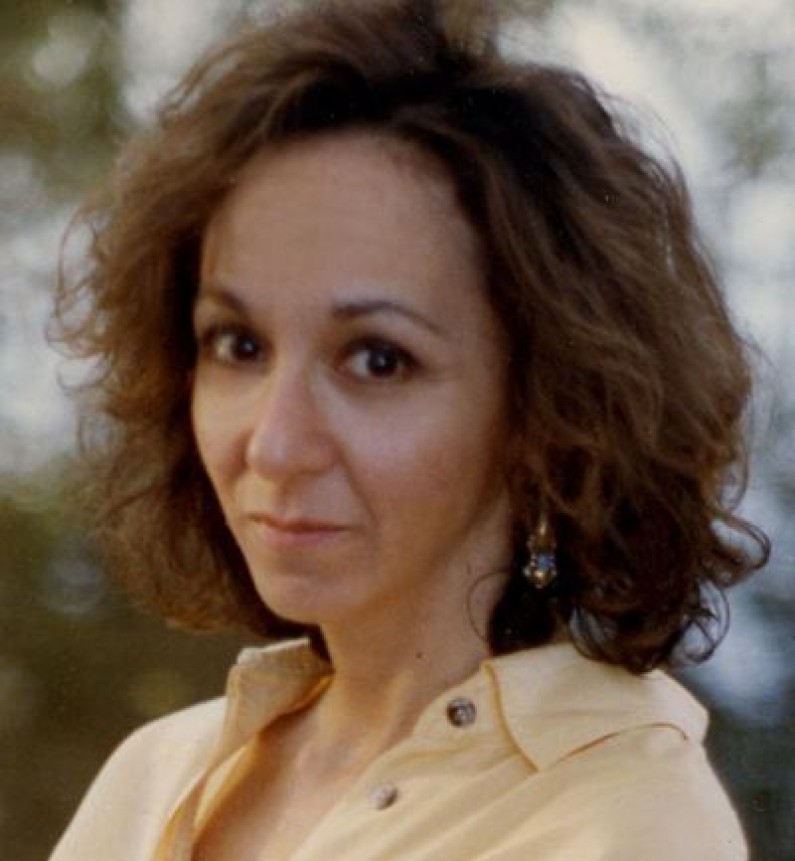
Teaching Translation is a series of interviews with translators who also teach. For this installment, Exchanges spoke with Marguerite Feitlowitz, translator from Spanish of Salvador Novo’s Pillar of Salt: An Autobiography and 19 Erotic Sonnets and author of A Lexicon of Terror: Argentina and the Legacies of Torture. She currently teaches at Bennington College, where she is the founding director of Bennington Translates.
How would you describe the translation classes you teach?
I teach translation, or about translation, in several different multilingual undergraduate courses. “How to Read a Translation” introduces students to what we might call the reality, or living fact of translation. Students in their first year of college, or who are focused in non-literary disciplines, have often said that they’d never stopped to think about translation; that even when reading novels from languages they don’t know, it never occurred to them to ponder the fact that the text they read was not the original. We read Edith Grossman’s Why Translation Matters, and interviews with noted translators. Students regularly do explications of texts in the original language; and compare and contrast multiple translations of a single text. Students also try their hand at making translations. I’ve had the great good luck to get some of them “hooked” on the practice.
I also teach an advanced seminar/workshop, “The Art of Literary Translation,” in which we also do a good bit of reading but privilege students’ sustained projects: an extended translation with a Translator’s Preface (and sometimes also a scholarly afterword which they write in the text’s original language); or a portfolio consisting of translations from the works of several authors, with an essay on the student’s process of selection and commitment, as well as specific translation dilemmas and discoveries. Over the years, I’ve had students publish their work in college and professional journals which makes all of us happy and proud.
I have two newer courses as well: “Starring the Translator!” in which we read poems, novels, memoirs, and lyric essays in which the protagonist is a literary translator: including Keats’s “On Looking into Chapman’s Homer;” historical and visual texts on La Malinche; The Man Between: Michael Henry Heim and a Life in Translation; Idra Novey’s Clarice: The Visitor; Rabih Alameddine’s An Unnecessary Woman; Maureen Freely’s Angry in Piraeus; and Faces in the Crowd, by Valeria Luiselli. Students write critical essays, as well as their own poems and fictions starring translators.
My newest course is “In Translation: Lives, Texts, Cities,” the idea for which came from Sherry Simon’s Cities in Translation. About two-thirds of the students in this class are international (from China, Belarus, Georgia, India, Salvador, Vietnam, the UK, from Australia by way of Oman and Qatar). A number of them are writing essays to “update,” as they put it, Isabel de Courtivron’s splendid Bilingual Lives: Writers on Translation. “We’ve grown up globalized,” they say, “we’ve grown up in a simultaneous, not binary, world; we are always conscious of living at one and at the same time in multiple cultures and languages. Split mental screens, code switching, and a kind of stereophonic way of hearing is just natural to us.” Other students are writing translations of particular places; there will also be translations from Chinese and Vietnamese; as well as comparison/contrast of multiple translations of a single dramatic scene or monologue (this from a theatre student).
Do I think that one can judge translation from a language one doesn’t know? As readers, I think we develop antennae, or instincts, or intuitions that let us know when a text feels authentic as a piece of writing. In my classes, if I don’t know the student-translator’s language, I rely on faculty or literary colleagues, or on native speakers who are in the group. My students have found it very helpful to have some readers who know the original, and some who don’t. I am always especially impressed when native speakers encourage their classmates to find creative, rather than constrainedly “faithful” solutions.
Sometimes people say creative writing can’t be taught. Do you think that’s true of translation?
I do think skills required for translation can be fostered: exquisitely close reading; the elements of grammar, syntax, and prosody; alertness to context; etc. But it all begins with a visceral love of words, a hunger for reading, for reading as transport, as a kind of residence in distant parts. (The Art of Empathy, published by the NEA, has been inspiring to my students.) Classes can help us to train our eyes and ears; to gain exposure to the routes traveled over the centuries by the great texts. Classes also provide a steady group of readers who contribute to the development of a project from the beginning. It doesn’t all happen in class, of course. Translating is the fruit of sustained desire, practice, stamina, and joy—for which solitude can be a wonderful setting.
What role does translation theory play in your classroom? How about the practice of translation—what translation exercises do you have your students practice?
When I’m doing a translation, or even thinking about how to start one, I don’t find myself reaching for the support of theory. And that’s reflected in my teaching. However, I do think it’s important for us all to have a good sense of how translation has been thought about and practiced through history, and from place to place. I rely much more on interviews with translators, and essays on their individual practice. Ever since I began teaching translation at Bennington, I’ve brought translators to campus—including Lydia Davis, Edith Grossman, Richard Howard—there is just no substitute for this direct contact and conversation. We study their work, they visit class and give a public presentation with time for Q & A.
In 2015, I got funding to expand into a program I call Bennington Translates, which allows us to host translators for more than a single day: so far, we’ve been able to welcome Esther Allen, Ellen Elias-Bursać, Peter Constantine, Eliot Weinberger, Jeffrey Yang, among others. I am also committed to hosting younger translators, such as Aaron Coleman, whose poetry, translation, and scholarship center on what he calls “New World Blacknesses,” and who presented his terrific translations of the Afro-Cuban poet Nicolas Guillén. Our next round of guests will all be immigrant translators.
How has teaching informed your own translation work? Has teaching translation helped you discover things about your own translation practice?
My students inspire me with their amazing sense of adventure. Some years ago, I started assigning English-to-English translations as a way of getting uninitiated students to make a start with translation, to explore prosody, and/or to loosen the perfectionist tendencies that go with the Platonic quest for equivalences between languages. I considered it an exercise, a fun, low-risk (and, let me admit, low-yield) way to overcome stage-fright. All of the options require time-travel: poems, for example, by Anne Bradstreet, Sir Thomas Wyatt the Elder, Emily Dickinson, even Shakespeare. What I received astonished me—my students went to town! They wrote real poems, as well as prose renditions of verse.
I’d like to close by sharing just two of those exercises that delighted me with their verve and dexterity.
The Author to Her Book
By Anne Bradstreet (1612-1672)
Thou ill-form’d offspring of my feeble brain,
Who after birth didst by my side remain,
Till snatched from thence by friends, less wise than true,
Who thee abroad, expos’d to publick view,
Made thee in raggs, halting to th’ press to trudge,
Where errors were not lessened (all may judg).
At thy return my blushing was not small,
My rambling brat (in print) should mother call,
I cast thee by as one unfit for light,
Thy Visage was so irksome in my sight;
Yet being mine own, at length affection would
Thy blemishes amend, if so I could:
I wash’d thy face, but more defects I saw,
And rubbing off a spot, still made a flaw.
I stretched thy joynts to make thee even feet,
Yet still thou run’st more hobling then is meet;
In better dress to trim thee was my mind,
But nought save home-spun Cloth, i’ th’ house I find.
In this array ’mongst Vulgars mayst thou roam.
In Criticks hands, beware thou dost not come;
And take thy way where yet thou art not known,
If for thy Father askt, say, thou hadst none:
And for thy Mother, she alas is poor,
Which caus’d her thus to send thee out of door.
After Anne Bradstreet: The Author to Her Book
By Lani DePonte (Bennington College ’10)
You, undone child of my muted mind,
Who, once born, stayed by my side
Until those people, less than friends,
Took you away and showed your ragged ends,
Made you up and published you
With all of your mistakes (in view).
When you came back my cheeks turned red
To be called mother to this prattling kid,
I would have hid you in my darkened womb
Because to see you brought me gloom
Though you are mine, if my love could fix
Your flaws I would not remain so transfixed:
I washed your face, but still I saw the stain,
And wiping that, I saw the stain again.
I tugged your legs to make your feet on par
But still you ran, stumbling much too far;
In one thousand threads I wished to sew you up
But there you lay, too course, too rough.
Amidst the crowds you wander, undressed.
Be careful, in a critic’s hands don’t stop to rest,
For they will take you where you are misunderstood.
Tell them you had no father, and if they would
Ask for your mother, say she is penniless
And so sent you out as such an awful mess.
Madam, withouten many Words
By Sir Thomas Wyatt the Elder (1503-1542)
Madam, withouten many words
Once I am sure ye will or no...
And if ye will, then leave your bourds
And use your wit and show it so,
And with a beck ye shall me call.
And if of one that burneth alway
Ye have any pity at all,
Answer him fair with yea or nay.
If it be yea I shall be fain.
If it be nay, friends as before.
Ye shall another man obtain,
And I mine own and yours no more.
After Wyatt the Elder: Madam, without more than a word
By Nora Bearman (Bennington College ’10)
Madam, without more than a word
I must hear now, you will or no
And if you will then quit your games
And use your brains and tell me so
And I’ll be at your beck and call
And if for one who always burns
You have some sympathy at all
Kindly reply in yes or no terms
If you choose yes, I will be glad
If you choose no, to stay as friends
You must obtain another lad,
I’ll be free, sans you as lord.
